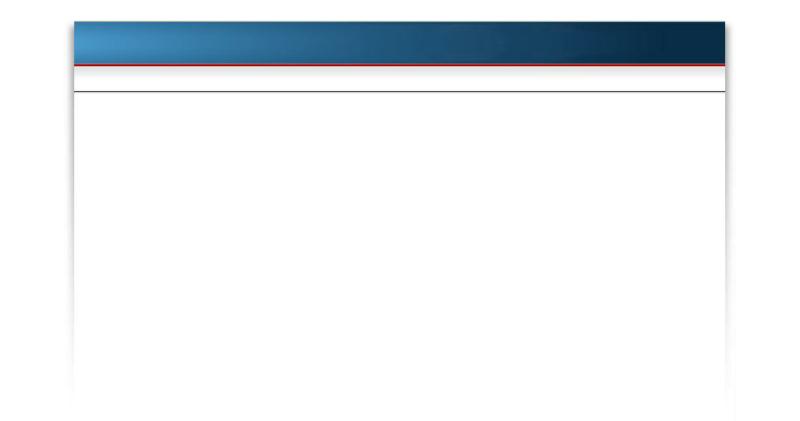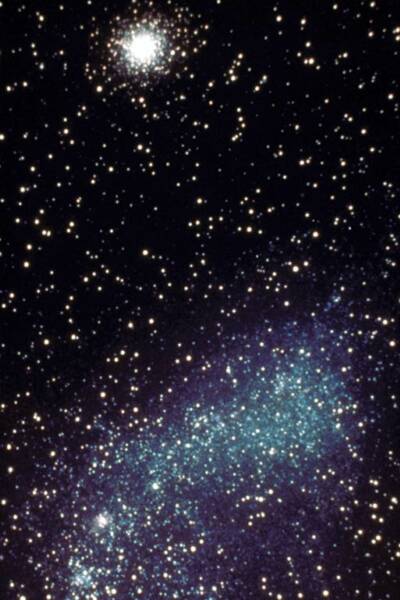


Bringing knowledge to children and children to God

Galileo Galilei, a man some call “the first modern scientist” once wrote a letter asserting a connection between science and Scripture, invoking the image of a God that reveals Himself in two books – the book of nature and the book of Scripture.
Because the Christian concept of God was that of an orderly, logical, reasoned, truthful, law establishing and purposeful Creator whose attributes include both unity and diversity, Galileo and others like him looked for the same attributes in nature.
They reasoned that because God is rational, and because nature is governed by the natural laws God designed, we (who were created in His image and share some of His rational nature) should be able to observe, gather data, do experiments and obtain knowledge about the natural world inductively. Such views, along with the belief that mankind could come to know the power, glory and truth of God more fully by not only studying the Bible, but also by studying nature (see Romans 1:20), fueled a dramatic increase in scientific advancement.
In Acts 17:11 the Apostle Paul commended the Bereans for searching the Scriptures daily to see if certain things were so, and he encouraged other believers to do the same. The Proverbs are full of admonitions to get wisdom and knowledge. In his first epistle, the Apostle John advises the beloved not to believe every spirit, but to test the spirits to see whether they were from God. In the second chapter of Revelation Jesus affirms the church in Ephesus because they “put to the test those who call themselves apostles...” The author of the book of Hebrews wrote, “...solid food is for the mature, who because of practice, have their senses trained to discern...”
According to the Apostle Peter, he and others didn't follow cleverly devised tales when they made known to the church the power and coming of Jesus, but were eyewitnesses. And finally, in the fifth chapter of 1 Thessalonians the Aposlte Paul advises all the believers to “...examine everything carefully...”
So you see, contemporary methods of investigation, what has come to be known as “the scienitific process,” is the result of a fundamental shift in the philosophy of science that had a Christian worldview at its very core. It was this “spirit” of seeking knowledge and truth, observing first hand, examining, discerning and testing that ultimately led to what we now call “modern science.”
It is because of its Judeo-Christian origin and biblical foundation that the scientific method, when faithfully applied, has helped mankind to discern truth from myth about natural phenomena (at least in areas subject to observation and repeatable experimentation), just as it aided the early church in discerning spiritual truth from apostasy, heresy, and falsehood.
Armed with the scientific method and a biblical world view, scientists as varied as Joseph Lister, Louis Pasteur, Isaac Newton, Johannes Kepler, Robert Boyle, Isaac Newton, John Ambrose Fleming, Michael Faraday, Blaise Pascal, William Ramsey and a number of others made great strides in, and even founded, several branches of modern science.
Links to the Past
Christianity and the Scientific Method